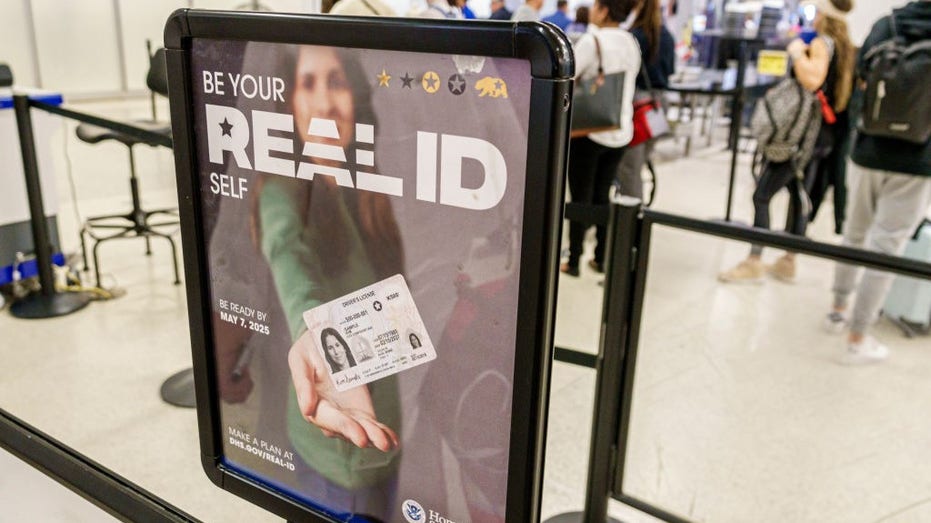Congressional Privacy Hawks Go Quiet as REAL ID Deadline Looms

Sarah Johnson
April 23, 2025
Brief
As the Trump administration enforces the REAL ID Act, Congress's usual privacy advocates remain quiet, raising questions about bipartisan silence over expanded government surveillance and national ID concerns.
With President Donald Trump back in the White House and the final phase of federal REAL ID requirements set to hit in May, the usual chorus of privacy watchdogs in Congress has gone strangely silent.
For years, lawmakers on both sides of the aisle have railed against the expansion of government surveillance, especially when it comes to the Patriot Act. But as the Trump administration's implementation of the 2005 REAL ID Act approaches—something critics have called a step toward a national ID system—there's barely a whisper from the Capitol's privacy brigade.
Some of the same senators who made waves fighting the Patriot Act—Edward Markey (D-Mass.), Ron Wyden (D-Ore.), and Jeff Merkley (D-Ore.)—now seem to have hit the mute button. These lawmakers vocally opposed the expansion of surveillance powers in the past, most notably with the renewal of the Patriot Act and the 2020 Foreign Intelligence Surveillance Act (FISA) amendments.
Back in 2020, Markey declared, "Congress has a duty to safeguard Americans’ privacy, but the USA Freedom Reauthorization Act fails to adequately limit the types of information that the government can collect about Americans, and it fails to adequately limit how long the government can keep the information it collects about us." He also said he wasn’t willing to hand any president sweeping surveillance tools that could trample civil liberties.
In 2011, Merkley was one of just eight senators who voted to block the Patriot Act renewal from even being debated. Wyden, though he voted for debate, warned that it was time to rethink the balance between fighting terror and protecting liberty. The Patriot Act, he remarked, was born in a climate of fear that might not justify its staying power.
Yet, as the REAL ID deadline approaches, requiring Americans to show enhanced identification—complete with Social Security numbers and extra documentation—these privacy hawks haven’t had much to say. The implementation, delayed for two decades by everything from bureaucratic hurdles to COVID-19, is finally at hand.
Markey and Merkley did not respond to requests for comment about their stance on REAL ID. Wyden’s office acknowledged outreach but said he was busy with town halls in Oregon. On his website, Wyden boasts about his long record fighting for privacy and against secret surveillance, reminding everyone how "stunned and angry" Americans would be if they knew how the government interpreted the Patriot Act in secret.
Wyden was also furious in 2013 when news broke that the NSA had been collecting millions of Americans’ personal data without a warrant.
On the other side, the Department of Homeland Security insists REAL ID will make forgeries harder and help stop criminals and terrorists. Assistant DHS Secretary Tricia McLaughlin said 81% of air travelers already have REAL ID-compliant or acceptable IDs, and DHS plans to keep working with states, airports, and local authorities to ensure a smooth rollout and prevent fraud.
Lawmakers with a history of supporting privacy—like Sens. Rand Paul (R-Ky.) and Bernie Sanders (I-Vt.)—were also contacted for comment, but apparently the silence is bipartisan.
Topics
Editor's Comments
Isn’t it wild how Congress can go from megaphone mode to total crickets when something like REAL ID comes up? Suddenly, the privacy defenders are busier than DMV lines on a Monday morning. Maybe they're just waiting to see if the new IDs come with coffee shop loyalty points.
Like this article? Share it with your friends!
If you find this article interesting, feel free to share it with your friends!
Thank you for your support! Sharing is the greatest encouragement for us.



